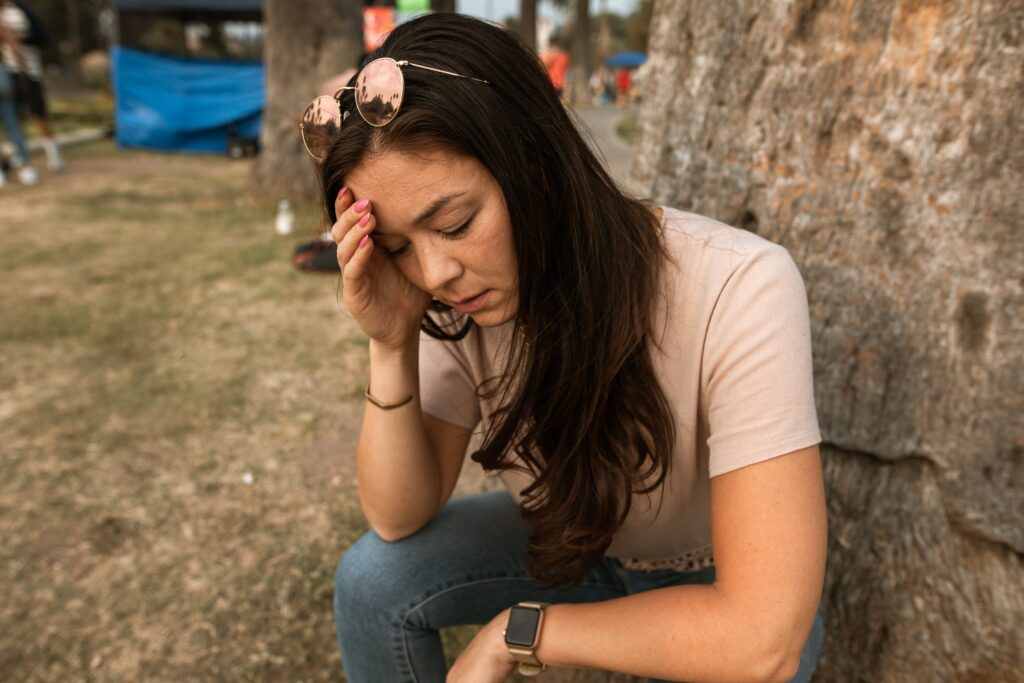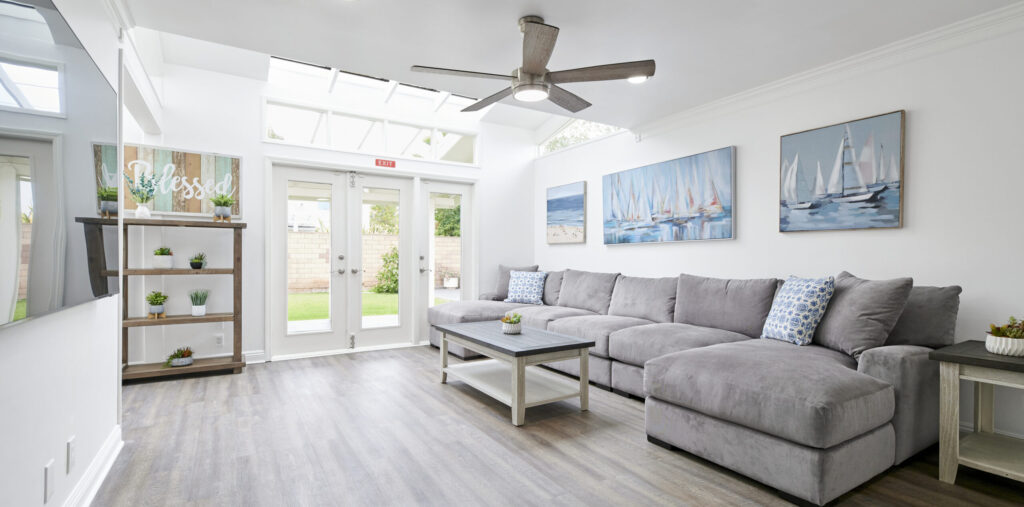Prescription muscle relaxants are medications used to alleviate muscle-related issues like spasticity and spasms. Various types of muscle relaxants are available, each with its own mode of action. Consult with your healthcare provider to understand the potential advantages and drawbacks associated with muscle relaxer abuse.
Are Muscle Relaxers Addictive?
Carisoprodol and diazepam are both controlled substances, signifying their potential for addiction and the possibility of withdrawal symptoms when discontinuing use due to dependence. It is advisable to steer clear of these medications if you have a personal or family history of substance use disorder.
If you suspect that you have developed physical dependence on carisoprodol or diazepam, or if your prescribed dosage proves ineffective in managing your symptoms, refrain from exceeding the recommended dose. Instead, promptly consult your healthcare provider.
Other prescription muscle relaxants are not controlled substances and are not considered as strongly addictive. That said, some risk of abuse still exists with these medications.
What Are the Most Addictive Muscle Relaxers?
While muscle relaxers can carry a risk of addiction and physical dependence if misused or abused, some are more notorious in this regard than others. Here are a few examples:
- Soma (carisoprodol): Carisoprodol is known to have a relatively high potential for addiction. It works as a sedative and can produce euphoria when taken in higher doses, making it more tempting for people to misuse.
- Valium (diazepam): Diazepam is a benzodiazepine, a class of drugs known for their addictive properties. While diazepam is mainly used as an anti-anxiety medication, it also has muscle relaxant properties. The medication can trigger the development of dependence and addiction if used improperly.
- Flexeril (cyclobenzaprine): Cyclobenzaprine, while not classified as a controlled substance, still carries some risk of addiction. Some people may develop a tolerance to its effects, prompting an urge to take higher doses for the same relief.
- Robaxin (methocarbamol): While considered less addictive than some other muscle relaxers, methocarbamol may still lead to dependence if not used as prescribed.
- Zanaflex (tizanidine): Tizanidine, although not as commonly associated with addiction as the medications above, can still pose a risk if taken inappropriately.
Use all muscle relaxers, even those not typically associated with high addiction potential, only as prescribed by your healthcare provider. If you find yourself becoming dependent or misusing any of these medications, seek help immediately to address the issue and explore alternative treatments. Always consult your healthcare provider for guidance on managing your symptoms effectively and safely.

Muscle Relaxers Withdrawal Symptoms
When someone becomes dependent on muscle relaxers, discontinuing their use can lead to muscle relaxer withdrawal symptoms. Withdrawal symptoms of muscle relaxers can range from mild discomfort to more severe issues, depending on the level of dependence and the specific muscle relaxer involved. Here are some common withdrawal symptoms associated with muscle relaxers:
Rebound symptoms
Many people experience a resurgence of the symptoms that the muscle relaxer was initially prescribed to treat. Rebound symptoms may include increased muscle tension, spasms, and discomfort.
Anxiety and restlessness
Muscle relaxers with sedative effects – diazepam or carisoprodol, for example – are associated with heightened anxiety and restlessness during withdrawal.
Insomnia
Difficulty falling asleep or staying asleep is a frequent withdrawal symptom, especially when discontinuing muscle relaxers that affect the central nervous system.
Muscle cramps and pain
Some people may experience muscle cramps, pain, or stiffness as their body adapts to the absence of the medication.
Nausea and vomiting
Gastrointestinal symptoms like nausea and vomiting can occur during withdrawal, making it uncomfortable for some people.
Irritability and mood swings
Changes in mood, including increased irritability, mood swings, and even depression or anxiety, are possible withdrawal symptoms.
Sweating and chills
Changes in body temperature regulation can lead to excessive sweating or chills.
Tremors or shaking
In more severe cases of withdrawal, people may experience tremors or shaking.
Cravings
The desire to use the muscle relaxer again to relieve discomfort or regain the pleasurable effects can be a significant challenge during withdrawal.
Withdrawal symptoms can vary in intensity and duration depending on factors such as the specific muscle relaxer, the duration and dosage of use, and an individual physiology. To manage withdrawal symptoms effectively and safely, seek medical guidance and support from a healthcare provider experienced in addiction treatment. They can help develop a tailored plan to minimize discomfort and reduce the risk of relapse during the withdrawal process.
Treatment for Muscle Relaxers Addiction
If you or someone you care about is struggling with addiction to muscle relaxers, seeking professional help and support will streamline recovery. Treatment options for muscle relaxer addiction may include:
- Medical evaluation: A comprehensive medical evaluation involves assessing the extent of addiction, withdrawal symptoms, and any associated health issues.
- Individualized treatment plans: Treatment plans should be tailored to individual needs, addressing any co-occurring mental health issues and ensuring a holistic approach to recovery.
- Detoxification: Medically supervised detoxification is often required to safely manage withdrawal symptoms. Healthcare professionals can gradually taper the dosage to minimize discomfort during the detox process.
- Behavioral therapy: Various forms of behavioral therapy, such as CBT (cognitive behavioral therapy) or contingency management, can help individuals address the underlying psychological factors contributing to addiction and develop coping strategies.
- Support groups: Participation in support groups like NA (Narcotics Anonymous) or SMART Recovery can provide a valuable network of peers who understand the challenges of addiction and offer mutual support.
- Continued support: After the initial treatment phase, ongoing support and aftercare programs may include therapy sessions, support group meetings, and regular check-ins with healthcare providers.
- Lifestyle changes: Developing a healthier lifestyle that includes exercise, proper nutrition, stress management, and a supportive social network can contribute to long-term recovery.
Reach out to healthcare professionals and addiction specialists who can assess your unique situation and recommend the most appropriate treatment plan. Overcoming muscle relaxer addiction might be challenging, but with the right support and commitment, it is possible to achieve lasting recovery.
FAQs
Are muscle relaxers habit-forming?
Muscle relaxers can be habit-forming if used inappropriately or for an extended period. Take this medication exactly as prescribed by a healthcare professional to minimize the risk of dependence.
Can you get addicted to muscle relaxers?
Diazepam and carisoprodol are addictive muscle relaxers.
Can you overdose on muscle relaxers?
Yes, muscle relaxers overdose is possible. Taking more than the prescribed dose or combining them with other substances, especially alcohol or opioids, can lead to an overdose, which may be life-threatening. Seek emergency medical assistance for muscle relaxers overdose treatment.
What are the long-term effects of muscle relaxers?
Long-term use of muscle relaxers can have adverse effects, including tolerance, physical dependence, and withdrawal symptoms. Additionally, extended use may not be recommended due to the risk of these side effects.
Are muscle relaxers a controlled substance?
Carisoprodol and diazepam are controlled substances, as they have a higher potential for abuse and dependence.

Get Treatment for Prescription Drug Addiction at Gratitude Lodge
We offer a variety of prescription drug addiction detox programs at Gratitude Lodge in Newport Beach and Long Beach, California. Begin your recovery with our supervised detox, tapering off muscle relaxers in controlled conditions and breaking dependence on the medication. After about one week, you’ll be ready to move into ongoing treatment at one of our pet-friendly facilities.
All treatment programs at Gratitude Lodge deliver personalized therapies that include:
- Medication-assisted treatment
- Psychotherapies
- Holistic interventions
- Group therapy
- Individual therapy
- Family therapy
- Aftercare support
When you are ready to reclaim your life from addiction to muscle relaxers, call Gratitude Lodge at 800-994-2184.




























